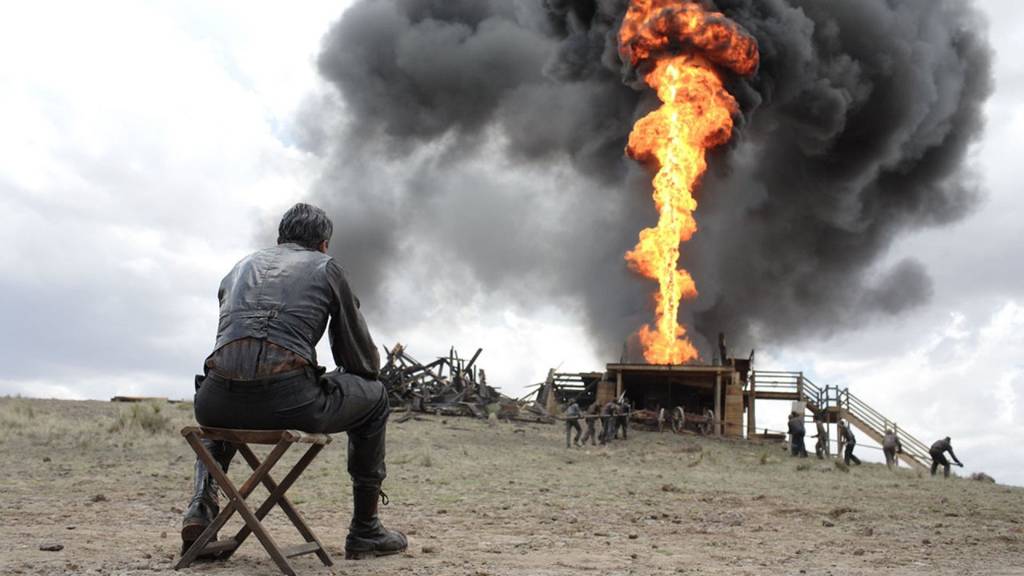
Film Matters: Please tell us about your article that is being published in Film Matters.
Giulia Tronconi: Originally, I wrote the essay as coursework for an undergraduate module named Film Aesthetics: in fact, the article deals with issues of aesthetic evaluation and moral judgments. I am extremely interested in questions concerning whether art should be considered a cultural product, defined and informed by the social codes we live by, or whether we should approach it in a more “sensual,” primal, way.
FM: What research and/or methodologies do you incorporate in your article?
GT: To develop my argument, I conducted much research on the historical critical debate surrounding ethical criticism, exploring the origins of formalism and the autonomist notion that art should be judged entirely on the premises of its formal properties. I also explored in-depth moralist approaches, to then further the scope of my research to include immoralism, and the much more provocative claim that immoral art may deserve praise by virtue of its unethical character. To demonstrate my claim, I used close film analysis, selecting a scene from the film and providing an aesthetic evaluation of its form before moving on to issues of moral judgment.
FM: Describe the original context for/when writing this article while an undergraduate student.
GT: The article was written at the end of a Film Aesthetics module: throughout the course we discussed issues relating to interpretation, categorization, the notion of taste and tone, and the aftereffect of cultural prestige on certain artworks.
FM: How have your personal experiences shaped and influenced your writing?
GT: English is not my native language and it took me a while to develop my own critical voice. Nonetheless, throughout my years as an undergraduate student, I have received much support and encouragement from my peers and professors and have found the space to express my opinions and further my academic interests. I write to allow myself the space to understand my own opinions.
FM: What aspects of the writing process were most challenging? Why?
GT: Respecting the word count! I can easily to go off on a tangent.
FM: What do you enjoy most about your article?
GT: I am especially proud of the close reading I produced for the article and the attention I paid to the film image. I think it functions as a strong groundwork for my argument.
FM: How has the Film Matters editorial and publication process impacted the development/evolution of your article?
GT: Having my article peer reviewed, and receiving objective and constructive criticism, has encouraged me to put into question my writing and the thought process I followed when producing it. It has been an extremely stimulating process, which has allowed me to approach the critical debate I decided to cover from a different point of view. All the while, I have had the amazing opportunity to get a first glimpse into the world of academic publication.
FM: What audience do you hope to reach with your Film Matters article and/or what impact do you hope it has on the field of film studies?
GT: I really hope for my article to reach other film studies students who have a strong interest in scholarly writing and who consider Film Matters a great space for young aspiring academics to share thoughts and research interests. At the same time, it would be a great achievement if my article could interest fellow undergraduates who are not familiar with the field of film studies and aesthetics. Sometimes issues of judgment and aesthetic evaluation may appear didactic or elaborate: approaching the debate through films can simplify the process.
FM: How has your department and/or institution supported your work in film and media?
GT: The Warwick Film and Television department has been my home for the last three years. Here, I have built a valuable academic foundation and discovered a true passion for the academic field of film studies, which is unfortunately underdeveloped in my home country. My department has encouraged me to expand my research interests, teaching me how to make connections between apparently unmergeable disciplines and has given me a strong sense for academic research to build on throughout my future academic career.
FM: How have your faculty mentors fostered your advancement as a film scholar?
GT: My faculty mentors have taught me the importance of looking at the film image with care and dedication. Equally, during my career as an undergraduate I have learned to approach critical discourse with an open mind, exploring existing research, connecting different disciplines, and elaborating my own point of view.
FM: What advice do you have for undergraduate film and media scholars?
GT: Much critical discourse may strike as impenetrable or overly complicated. I have learned to take my time, allowing my brain to process information and reelaborating newly discovered concepts to fit my own personal opinions. Take as much as possible from existing scholars and make sure to always maintain your own critical identity.
FM: What are your future plans?
GT: In the near future I hope to have an enriching experience as I pursue my studies in the field of Film Aesthetics. I hope for my Film Matters experience to be just the first of other publication opportunities!
Author Biography
Giulia Tronconi is an Italian student who has recently graduated from the University of Warwick with a degree in Film and Television Studies. She is furthering her research interests at the University of Oxford, where she is currently studying for a Master of Arts in Film Aesthetics, merging film studies and philosophy of the arts.







































